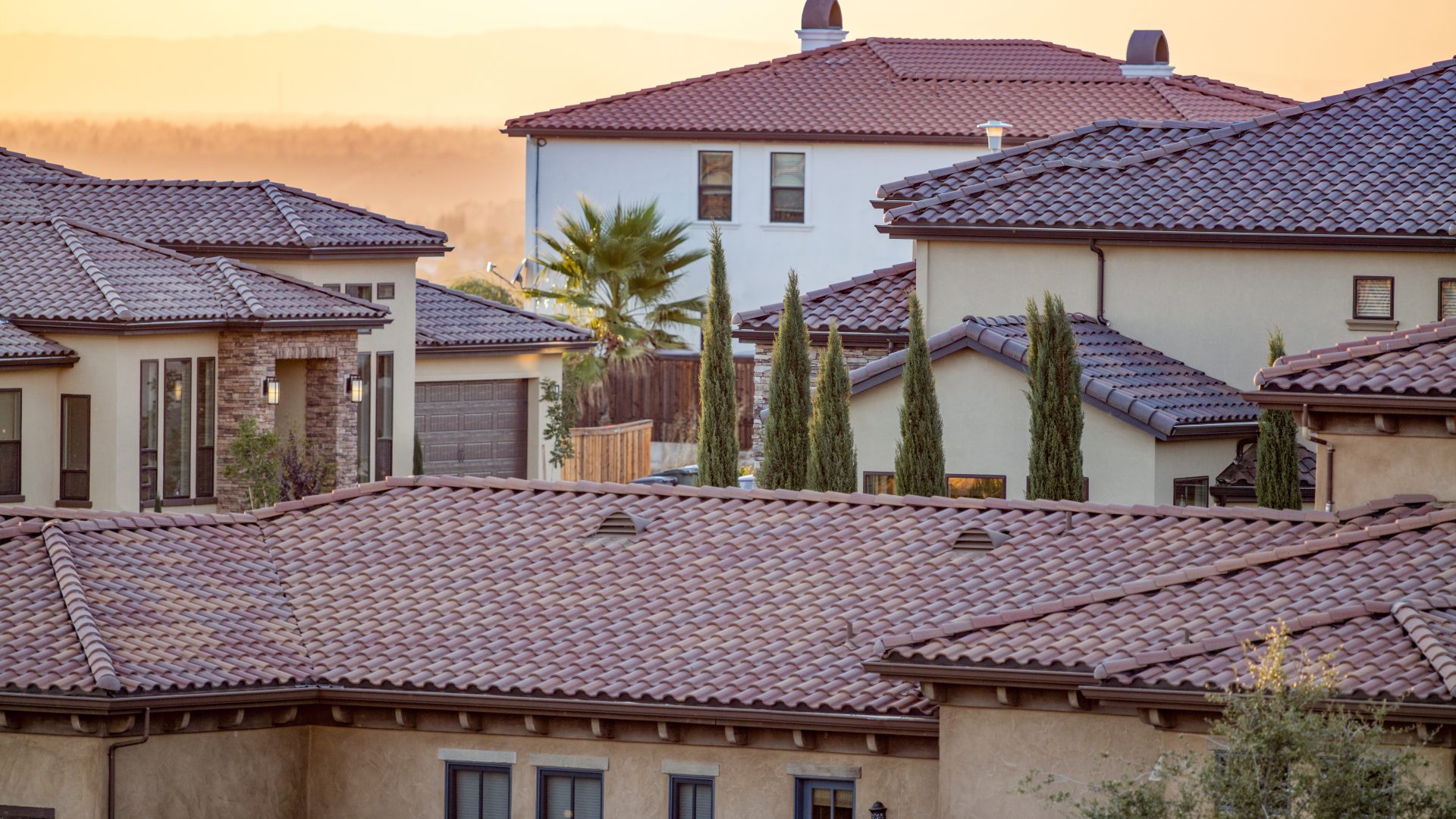You only need to learn about them and use them.
This insures that the chances of the plants will survive to adulthood. This method also gives you the freedom of tightening time between plantings. Your next crop of seedlings will be ready to be planted when you remove your last crop from the garden.
Plant some perennials that are slug-proof. Slugs and snails are voracious eaters that can destroy a plant in one night. These pests are particularly fond of young perennials and those varieties with leaves that are tender, smooth, particularly seedlings and young plants. Some varieties of perennials are not preferred by snails and slugs, however, leave a bad taste in slugs’ mouths or are difficult to chew through because their leaves aren’t tender. Some of examples of these are achillea, heuchera, euphorbia, hellaborus, and euphorbia.
Baking Soda
You do not need a costly chemical solution to deal with powdery mildew in your garden. Mix a bit of liquid soap and some baking soda in water. Spray this onto your plants weekly until it subsides. Baking soda treats the mildew effectively and gently and it won’t damage your plants gently.
Bulbs are a great option for people who want to enjoy in early spring and summer flowers. Different types of bulbs bloom at different times, so choosing appropriately, you can have blooms from early spring to late summer.
If a test indicates that your soil is very alkaline, mixing in some coffee grounds that have been used is a great solution. Coffee grounds are an affordable means of acid to get the soil back to a good balance. This will allow your vegetables you grow healthier and more flavorful.
Make sure you protect any tender deciduous shrubs are protected. Tie the tops together, and cover the wigwam with a sheet or blanket draped loosely over it. This is more effective than putting plastic on the plant, allowing air to circulate and preventing rotting.
Mint Leaves
Do you ever wish that your fresh mint leaves though hate how they grow so fast and take over your entire garden? You can stunt the growth rate by planting it inside a container or super-sized bowl. If you would like the mint leaves to still be in the ground, you can even place the container in the ground, but the pot’s walls will prevent the mint from spreading and being a nuisance in your garden.
Fertilizing your garden soil. Manure is an excellent fertilizer, but it is important that you choose a manure that has been composted commercially so that there is less of a risk of pathogens.
If you are a first time gardener, it is vital that you follow the instructions when it comes to your chemicals and tools. If you use your gardening chemicals wrong, you could wind up with skin irritations or other issues. Keep yourself safe and follow the directions to the letter.
Anyone can plant a garden, but only those with the proper knowledge will receive the most out of their crop. Use what you have learned to make your garden grow!


